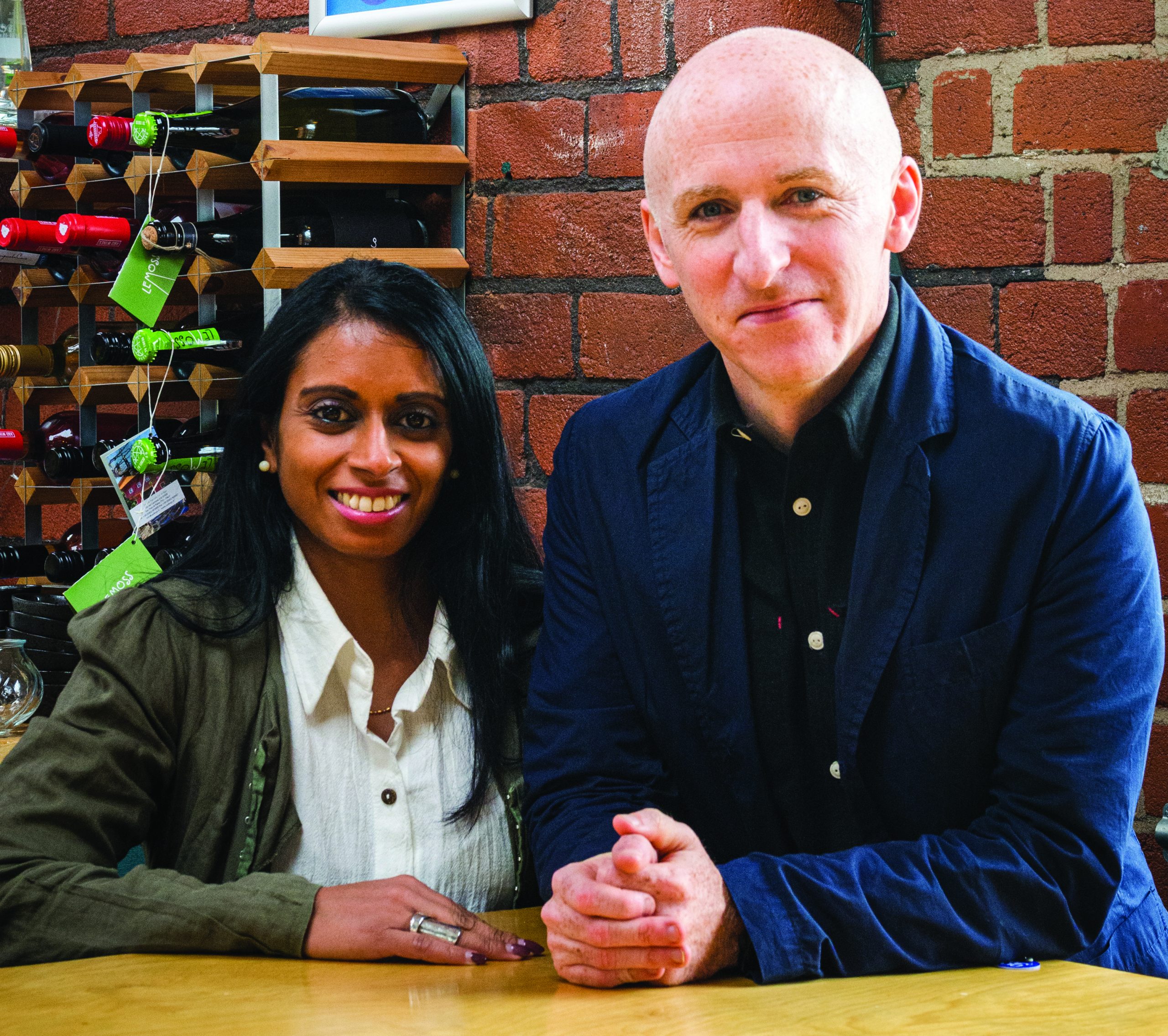Andrew Seaton launched Resolve fresh out of university with a clear mission – to bridge the gap between technical know-how and clear, human communication. Now, 20 years on, the Sheffield-based founder reflects with Chloe Smith on his journey…
What did you notice was missing in the IT market when you first launched Resolve?
When I started straight out of university, I quickly realised there were some people who were really technical and understood the systems, and others who were good at communicating with customers – but not many who combined both. During my year out in industry, I realised I could speak to people in non-technical language and explain quite complicated things clearly.
I could communicate well and understood the technical side too. I didn’t want to brush people off with a vague, “Yeah, everything’s fine,” but neither was I super geeky. It was that real mix – technical expertise and being able to speak the customer’s language.
It sounds like exactly the thing people need.
These days, when we’re so reliant on technology, it can be scary when there’s a problem – and unhelpful when a technician just fixes it without explaining what’s happened.
I think people want to understand what’s going on. Computers have become more reliable, and people are more interested in how things work. When I started, being a geek wasn’t cool – now it is. Start-ups have changed that. But when I founded Resolve, people weren’t that interested in how their tech worked. So having that mix of knowledge and communication has always helped create a better customer experience.
You mentioned the geeky hurdle, but what was the biggest challenge in the early days of setting up Resolve?
At the time, I was going into businesses to explain how I could help with their IT. I was only 21, fresh out of university, and sitting in meetings with MDs who clearly didn’t trust me – I remember one meeting where someone actually called me “Sonny”.
I get it – why would you trust someone who’s just left university, started their own business, and wants to manage your organisation’s tech? That trust barrier was the biggest hurdle. I was young and unestablished. I quickly learned to explain that it’s not about how long you’ve worked in IT, but how much you’ve learned and how quickly you can adapt. The industry was changing fast – and it’s changing even faster now.
Were there partnerships that shaped the early days, as well as where you are now?
To prove I knew what I was talking about – and that we, as a company, did too – we obtained Microsoft certifications, both individually and as an organisation. That helped with credibility.
Some specific partnerships were also key early on. Jill White and Andy Hanselman were super helpful in guiding me through my entrepreneurial journey. I still love attending their events and getting involved in their work. Lots of people have helped me along the way.

What’s your current approach to customer support?
It’s still about being experts who speak your language – that’s the essence of Resolve.
We really understand the technology behind what we do, but we always communicate in a way that makes sense to our customers. That means adjusting how we speak depending on who we’re talking to – it could be more technical with some clients, more straightforward with others. Ultimately, we want to offer an outstanding customer experience. Our goal is to be the best IT and technical support provider for clients in the UK.
How do you stay up to date in such a fast-changing industry?
We’re still partners with some of the big players – Google, Microsoft – and we keep an eye on the wider industry. IT has accelerated massively, but the good news is that everyone who works here genuinely loves technology.
We don’t see change and think, “Oh no, more hassle.” We’re excited by it – by the possibilities of new tech. We hire people who want to learn and adapt quickly. That’s how we’ve grown – from when Facebook was just taking off in the UK and the iPhone didn’t exist, to where we are now.
How are you adapting to the rise of AI and large language models?
AI is a huge shift and something we’ve been adapting to for a while – but there are other big changes too, like the rise of cloud dominance. We always take the time to reflect on what these developments mean for our customers.
First, we try them out and learn how they work ourselves. Then we look at how our clients might benefit – and what the risks might be too. For example, is putting all your data in the cloud always the best option? In many ways, we act as a guide. We’re really excited about the opportunities around AI.
And what are your long-term ambitions for Resolve?
We’re still proudly independent and proudly based in Sheffield – and that won’t change. Long-term, we want to be recognised for offering amazing customer experience and support. We believe that if we keep delivering that, people will come to us and we’ll continue to grow.
Finally, what’s your view on AI’s future impact?
I think what we’ll see is a lot of organisations replacing people with some form of AI – and while that might be more efficient for the business, it could be infuriating for customers.
In a world where AI is becoming the norm, we still want to be that human connection – that human support. Because ultimately, our customers are people. They want to understand, and we’re here to help guide them through their IT journey. I think we’re perfectly placed to bridge that divide.








